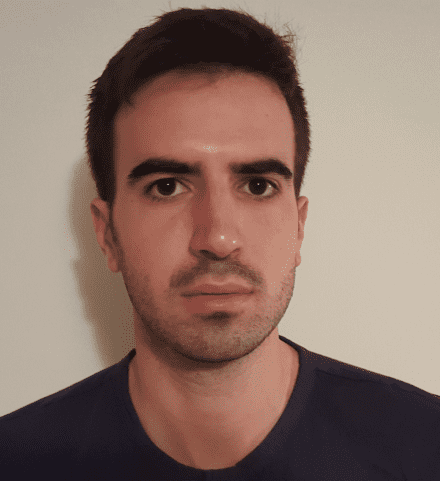One of the most important breakthroughs in treating cancer has been the engineering of immune cells to target and fight tumors, known as cancer immunotherapy. However, there are many types of cancer and many patients who do not sufficiently respond to this treatment. An immense research effort is underway to expand the applicability of immunotherapy by genetically engineering the immune cells to be more potent against tumors. Dr. Brandes proposes to facilitate more refined and accurate genetic editing in two important ways. First, he proposes to consider specific mutations within genes that could further enhance their antitumor activity in addition to simply amplifying or removing those genes entirely. Second, he will measure how these genetic alterations affect the immune cells by measuring tens of thousands of molecules in each of the cells, instead of a single measurement used by most contemporary studies. This single measurement simply characterizes cells as more or less potent overall, but does so with respect to an isolated cellular experiment which doesn’t necessarily reflect what happens when the engineered immune cells interact with other cells and the complex environments in the human body. Dr. Brandes expects their richer measurements to allow better prediction of the true antitumor activity, and our fine-grained search of beneficial mutations to arrive at more optimally engineered immune cells, thereby allowing immunotherapy to be applicable to more cancer patients and better treat their disease.
Projects and Grants
Enhancing cancer immunotherapy through gain-of-function screens integrating deep learning and single-cell genomics
University of California, San Francisco | All Cancers | 2022 | Jimmie Ye, Ph.D.

